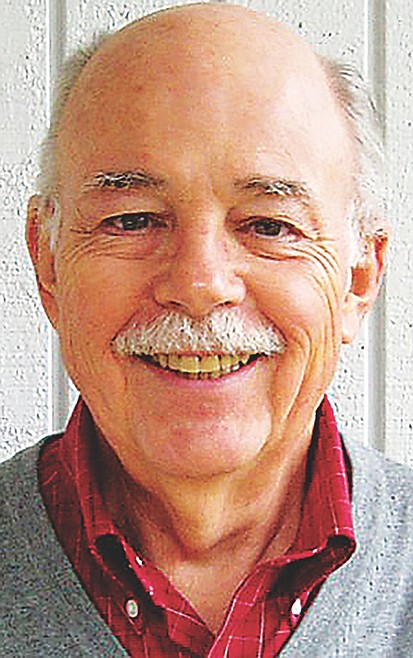Geezers-in-training learn about geriatrics
My regular talking points about aging usually somehow refer to “geezers-in-training.” The term is a reminder that older adults stay young as we find new things to learn and new attitudes to embrace. Feb. 14 will be a great time for beginning — and veteran — geezers-in-training to learn about geriatrics, the medical specialty that focuses on older adults.
Our guest speaker will be Dr. Meg Skibitsky. “Dr. Meg” recently brought her geriatric practice to Bonner County. I’ve had a few coffee visits with her, and am so impressed with her approach to working with older adults. Her first task on Feb. 14 is to help us learn what geriatrics is about.
The word “geriatrics” comes from a Greek word that means “old man.” Aging is a stage of development, which means geriatrics focuses on older adults, just as pediatrics, neonatology and adolescent medicine focus on other specific ages. These specialties are not defined by an organ system, like cardiology, neurology or gastroenterology.
One thing that means is that geriatricians are called to look at persons more holistically, not simply as a person with a designated organ issue. That broader attitude leads geriatricians to often use a team approach to working with a patient. Yes, they have specialized training in treating older adults. But they also see themselves as a team leader/member.
I clearly heard that from Dr. Meg during our first visit. And I appreciated knowing she draws on expertise and insight from other medical professionals. “The role of the geriatrician is to coordinate overall care with other [medical professionals] and guide the patient in making treatment choices,” says Dr. Samuel Durso, a John Hopkins geriatrician.
For better or worse, folks, older adult medical issues can be pretty complicated. But the complications often don’t end with resolving one medical condition or another. Other circumstances can complicate life for older adults — like where they live (or need to live), family dynamics or how they are prepared (or not prepared) for end-of-life care.
So geriatrics tries to look at the broader life implications of a geezer-in-training. That’s why a team approach can be so helpful when that person is faced with ongoing medical issues.
Dr. Meg will help us better understand why geriatrics differs in some respects from traditional medical practices. She will also help us understand how geriatrics works better when the doctor draws other medical professionals (primary doctors, geriatric nurse practitioners, social workers, pharmacists, nutritionists, psychologists, psychiatrists, physical/speech/occupational therapists, etc.) into the conversation.
Sometimes, folks, we geezers-in-training need a village to straighten us out.
So, I invite you to join us at the Geezer Forum on Feb. 14, 2:30-4 p.m. in the Columbia Bank’s Community Room (by Tango Café). I expect to learn more about what geriatric medicine involves, and how a geriatrician can provide older adults with a new vision about becoming a healthier geezer-in-training. I expect you’ll learn some new things, too.
Paul Graves, M.Div., is lead geezer-in-training for Elder Advocates, a consulting ministry on aging issues. Contact Paul at 208-610-4971 or elderadvocates@nctv.com.

